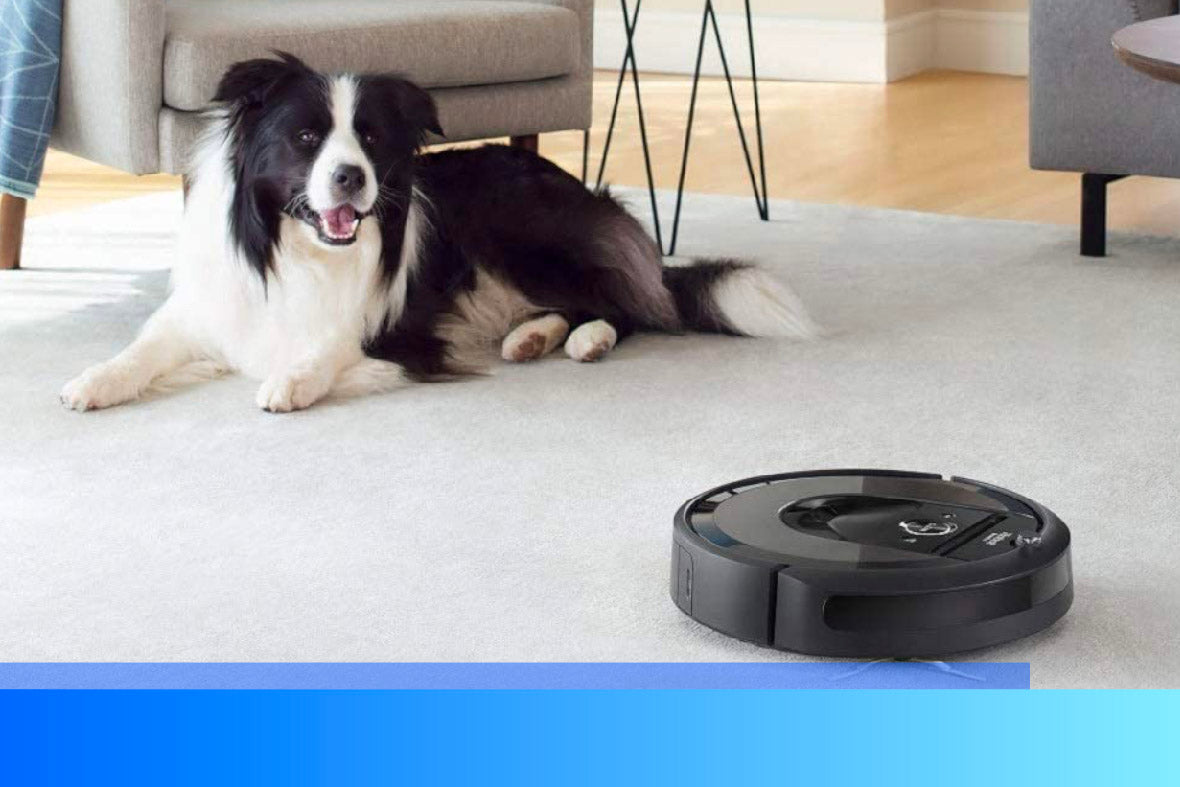Say goodbye to conventional vacuum cleaners because it's time to upgrade to something better and more efficient: a robotic vacuum.
In today's world, with the prevalence of diseases and infections, it's crucial to minimize the risk of their spread. The most effective way to achieve this is by regularly cleaning and disinfecting floors and surfaces with a reliable robotic vacuum cleaner.
Vacuuming can be tiring and time-consuming, but with a top-notch robotic vacuum cleaner, you can effortlessly remove even the most stubborn pet hair from your beautiful carpets.
What exactly are robotic vacuums? They are autonomous cleaning devices that require no human intervention. These intelligent machines are programmed to clean every nook and cranny of your house, making deep cleaning a breeze, especially when time and energy are limited.
Equipped with advanced navigation systems and powerful suction, robotic vacuum cleaners utilize built-in sensors to autonomously clean surfaces, providing a hassle-free experience.
Are robotic vacuums suitable for pet owners? Absolutely! Robotic vacuums are an excellent investment for any household, particularly those with furry companions.
If you share your home with a four-legged friend, you're likely familiar with the never-ending presence of pet hair in every corner. A robotic vacuum can perform daily sweeps, effortlessly picking up all the shedding from your furry friend. However, it's crucial to choose a vacuum cleaner that your pet can comfortably adapt to and settle with.
Introducing your pet to a vacuum cleaner gradually is important. This helps them become accustomed to it. If you have an easily startled pet that reacts strongly to noise, consider opting for a quieter version of a robotic vacuum cleaner. With time, they will learn to accept it as a part of their daily routine.
How can you tell if your pet is afraid of robotic vacuums? Pets have keen hearing and may display signs of nervousness when exposed to unfamiliar noises. Initially, they might exhibit behavioral changes and appear more anxious or aggressive. Here are some signs indicating that your pet is afraid of the vacuum cleaner you recently acquired:
- Your pet seeks refuge under furniture as soon as you turn on the cleaner.
- The harsh sounds and vibrations of the cleaner startle your pet, leading to excessive drooling.
- Your pet tries to escape the area where the vacuum cleaner is in use by urinating, barking aggressively, or panting rapidly.
How can you help your pet become comfortable with robotic vacuums? While pets may initially react adversely to robotic vacuums, they can learn over time that the new addition to the household poses no threat.
Consider the following tips to help your pets calm down:
- Patience is key. Dogs, in particular, tend to acclimate to the vacuum cleaner gradually, realizing it isn't a threat. Stay nearby and behave normally around the vacuum to reassure your pet.
- If your pet tends to attack the vacuum out of fear, keep them restrained with a leash or your arms. Slowly release them, and if aggressive behavior continues, hold them down for a little longer.
- Avoid pushing your pet too much. Vacuums can be terrifying and unfamiliar to smaller animals due to their noise and appearance. Take your time, provide reassurance by staying close, petting them, and offering treats.
- Recognize when to give up. Just like humans, animals can experience anxiety. If your pet is extremely terrified and stressed, remember that the vacuum cleaner has no feelings. Reschedule cleaning sessions for when your pet is asleep or out for a walk.
In conclusion, it is crucial to employ various methods to assist your pet in conquering their fear of robotic vacuum cleaners. Gradually familiarize them with the concept of vacuum cleaners to prevent them from feeling threatened during cleaning sessions. Introduce them to the cleaners progressively.
Train them using positive reinforcement techniques, and remember to reward them with treats every time they exhibit well-behaved behavior around the vacuum cleaner.

